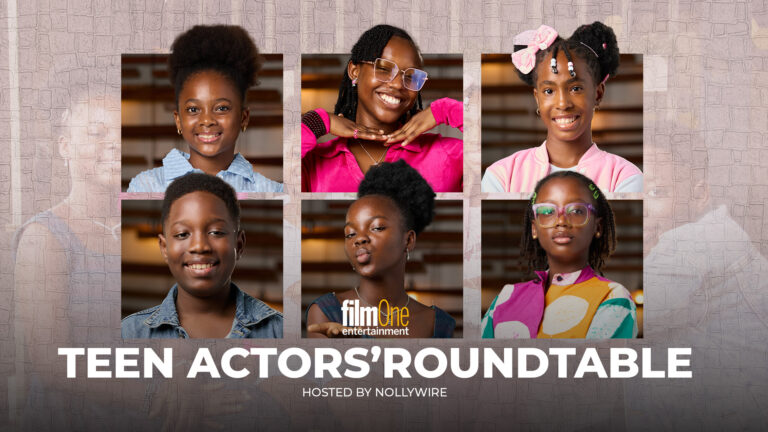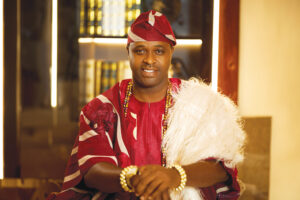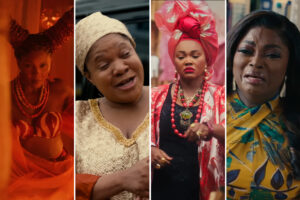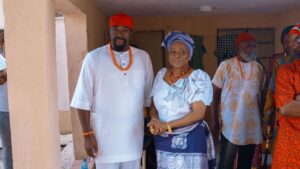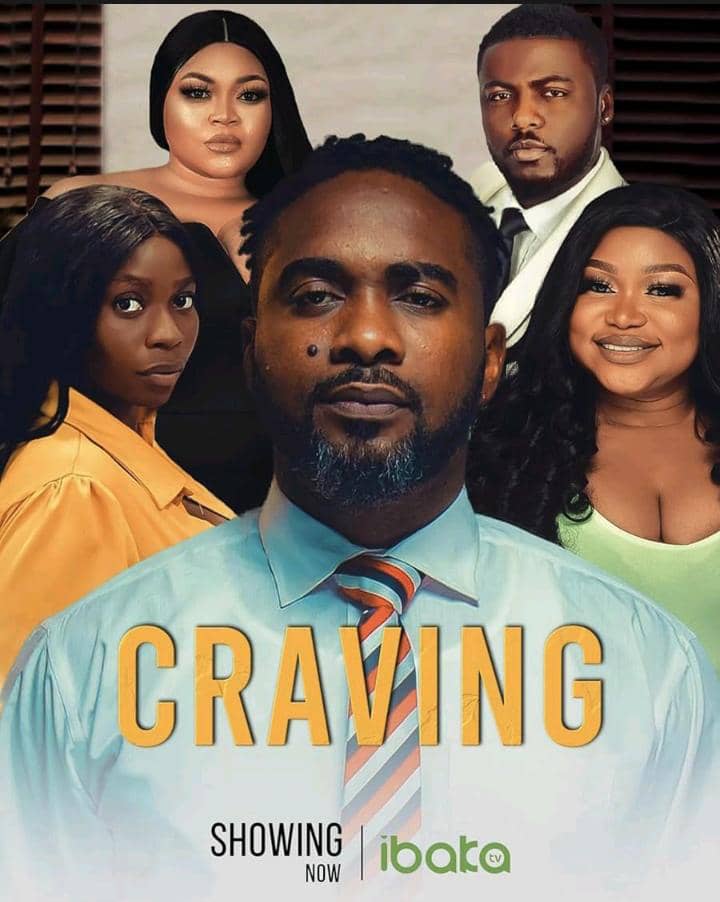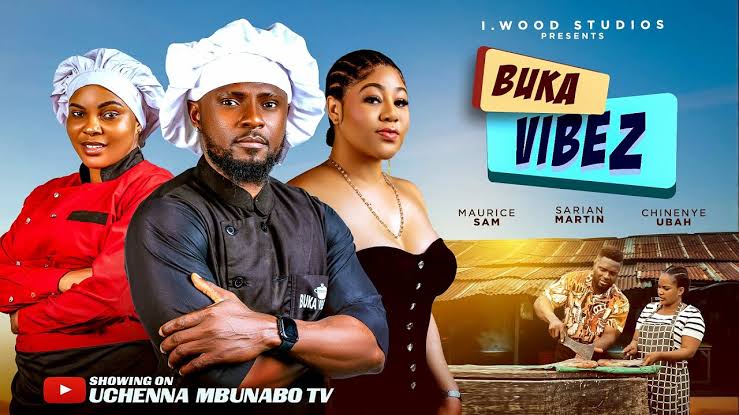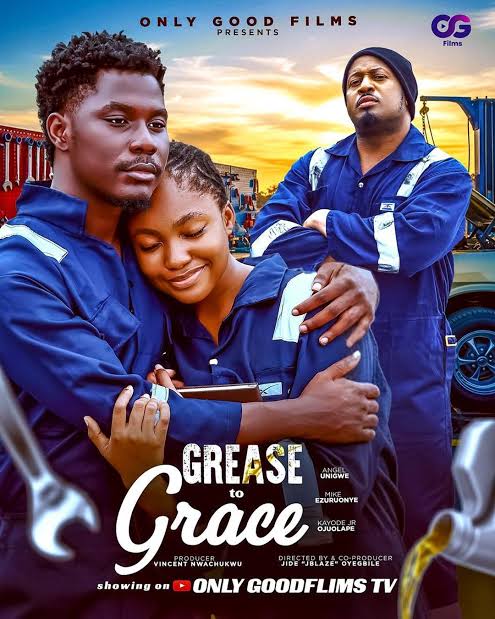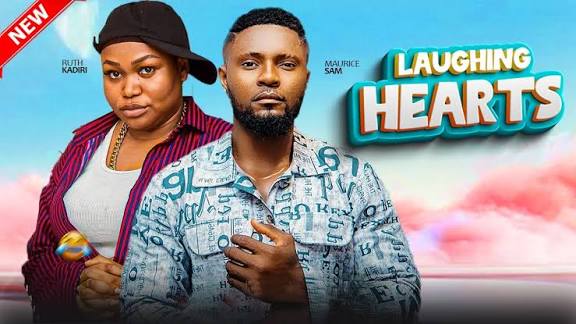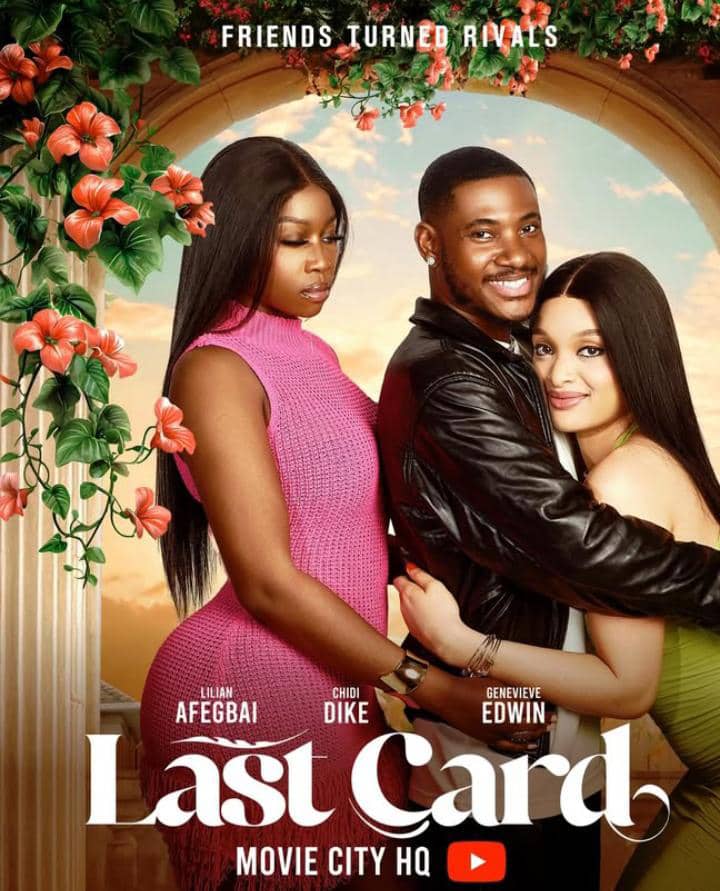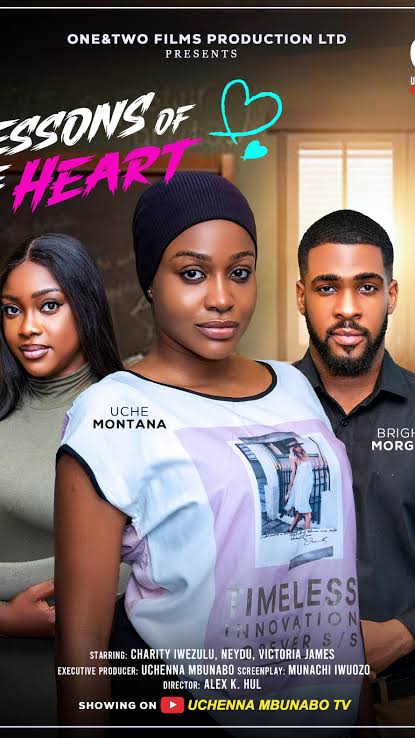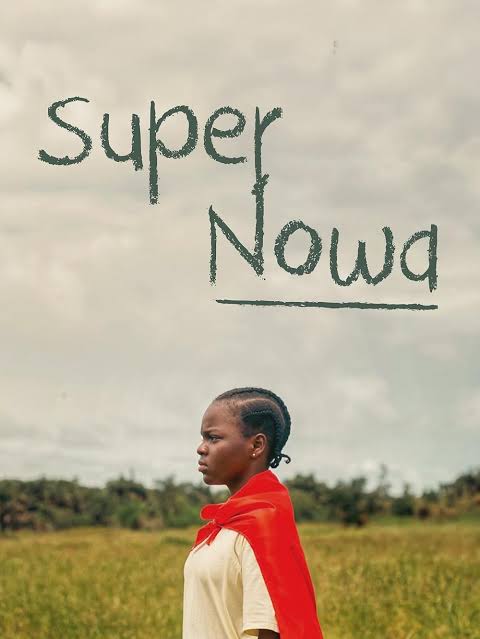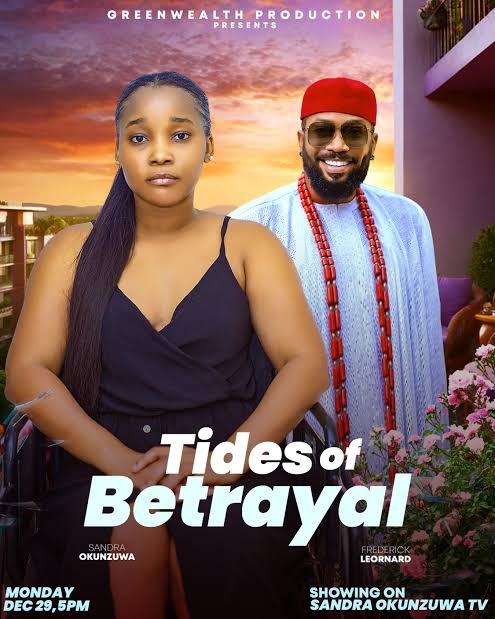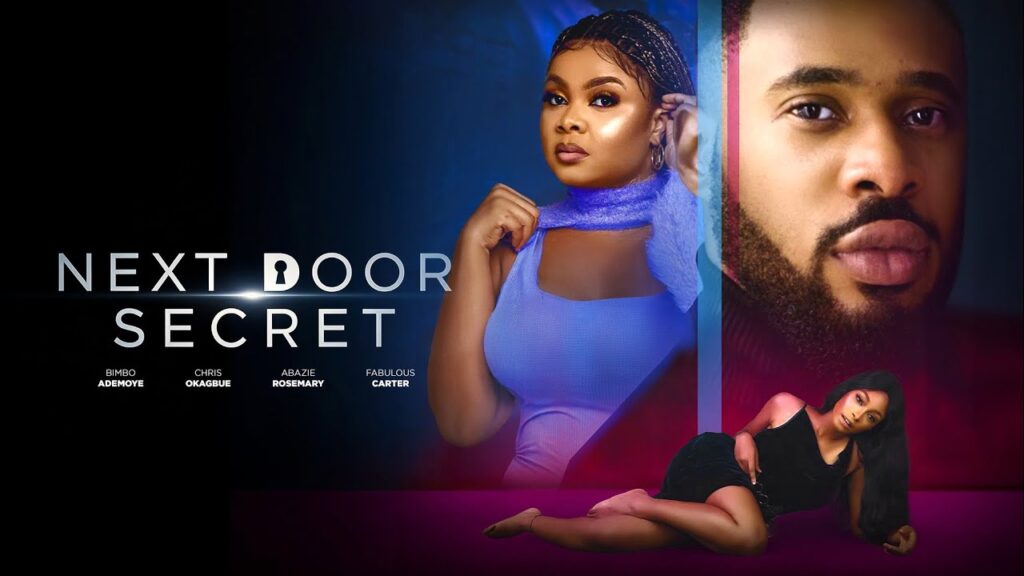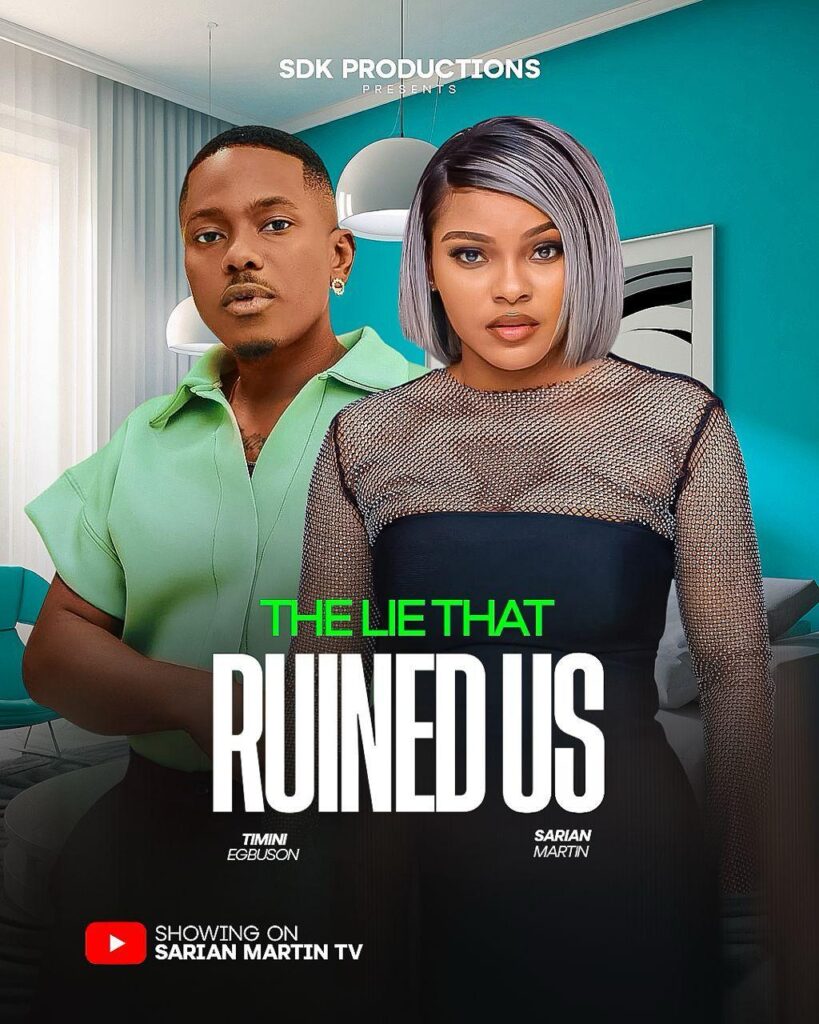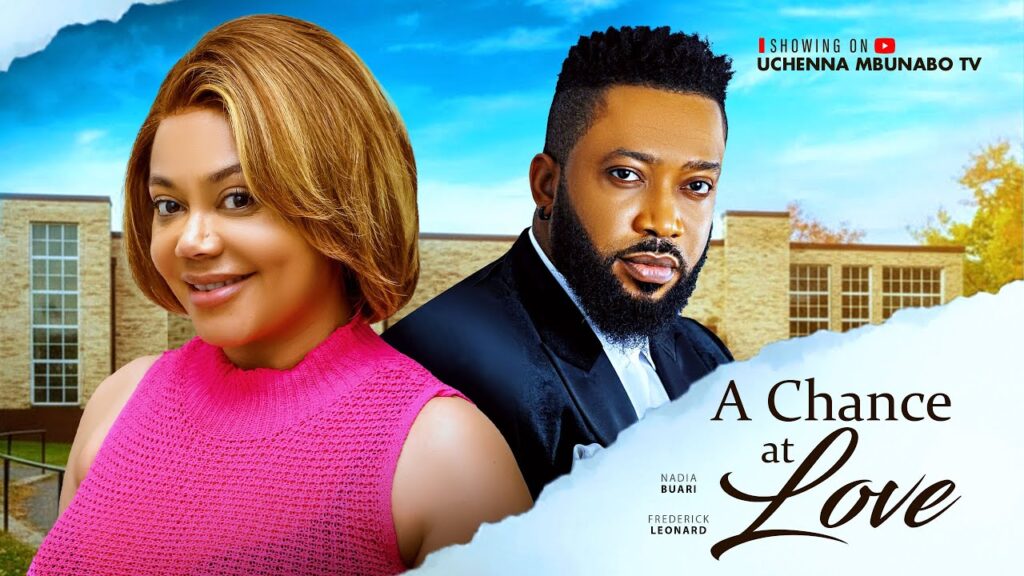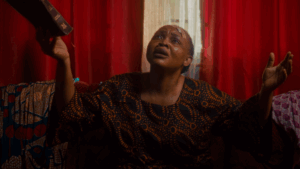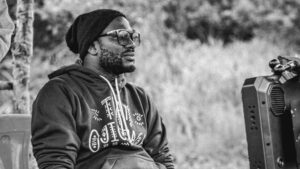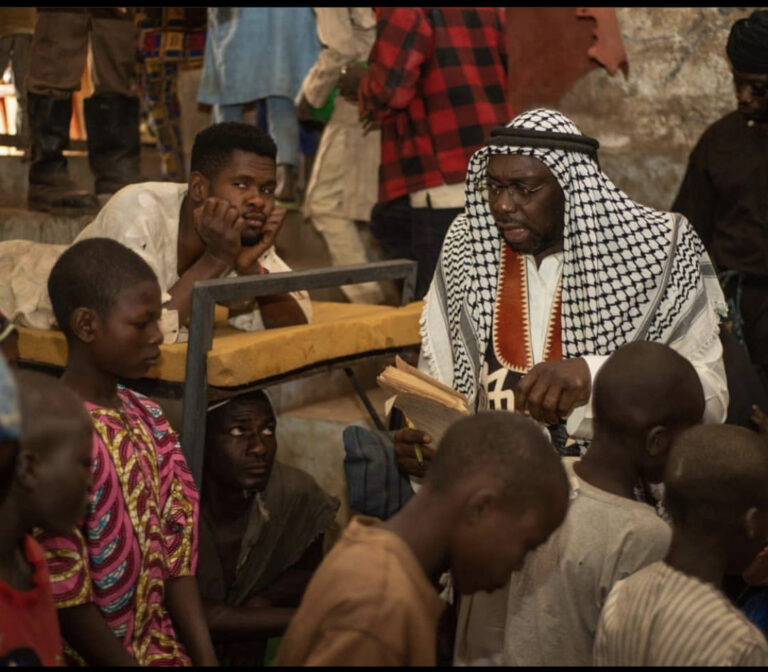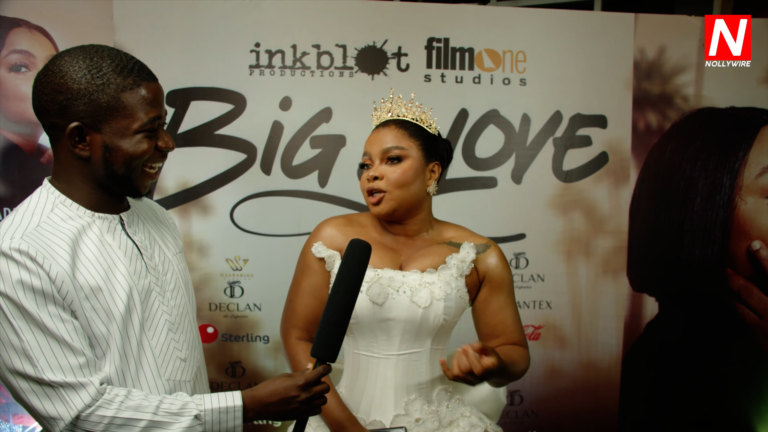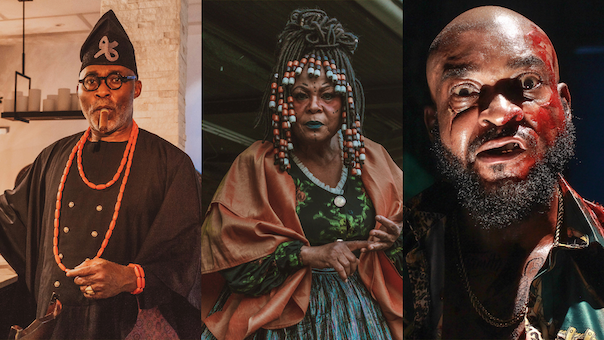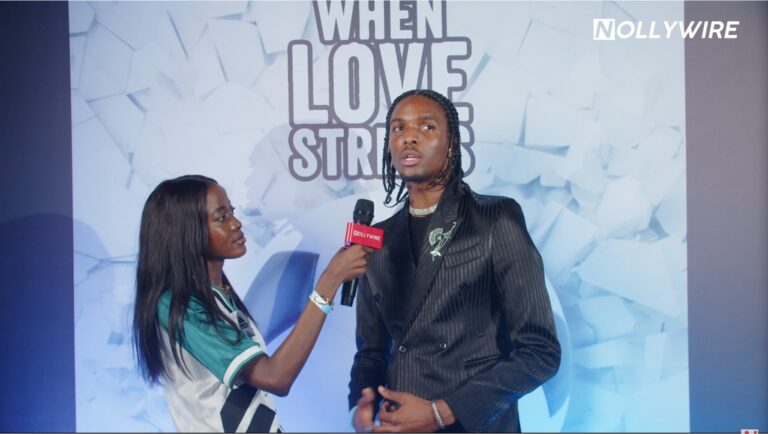For many Nollyphiles, loving Nollywood is about more than just watching movies; it’s about memory, connection, family, and growth. In this deeply personal conversation, Laolu, a nollyphile and videographer, reflects on the early days of watching Yoruba DVDs with their family, the emotional weight of specific scenes, and how Nollywood evolved from weekend bonding to daily work and personal purpose.
From nostalgia for ‘Papa Ajasco’ to soul-shaking scenes in ‘Ori: Rebirth’, they walk us through the defining moments that shaped their view of storytelling, family, and identity.
What’s your earliest memory of watching a Nollywood film? Where were you, who was around, and how did it make you feel?
I grew up in a house where my dad loved music and my mom loved movies. In the early days of my life as a child, I was my mum’s handbag, so her love for movies rubbed off on me. She loved Baba Suwe and Moladun a lot. At some point, you’d think we co-owned Wale Adenuga Productions. Whenever we were going to church on Thursday evenings, we’d go along with our petrol keg. After church, we’d branch at the filling station to fill the keg so that we could watch ‘Superstory’ on Thursday night, ‘Papa Ajasco’ on Friday, and ‘Fuji House of Commotion’ on Sunday.
Who were you at that time in your life, and who would you say you are now?
That was our weekend watchlist, combined with a lot of rented Yoruba Nollywood DVDs. At that time, there was probably no such thing as a “bad” Yoruba Nollywood movie. It was either proper slapstick comedy or the heavy spiritual/ritual storylines—like ‘Abela Pupa’, ‘Ibigiga’ by Segun Ogungbe, ‘Osas Omoge Benin’ by Mercy Aigbe and, of course, a lot of Mount Zion movies. Then came ‘Cornerstone’ and ‘Olopa Okunkun’.
Omo, take me back to the days when life was simple. I was just a child consuming what my immediate family loved. And it wasn’t just about the movies; it was a bonding moment for all of us. When watching Baba Suwe’s films, my mum and dad would throw banter at each other, and sometimes we, the children, joined in. When watching Mount Zion films, it became an avenue for our parents to preach to us—or for us to report friends who were doing “bad things”. Beyond it being a time when we felt the most relaxed with our parents, it was also a time for building family values.
Can you remember the moment Nollywood became more than just entertainment, when it started meaning something deeper to you?
Over the years, as adulthood came to steal the show, the culture of watching continued for me. I rarely step out of the house except for work, so my comfort or refilling moments come either from watching Nollywood or listening to music.
I think Nollywood became more than entertainment for me in 2020, during the COVID lockdown. Because of school, I had been away from my mom for a while, just coming in for a week or two, and even during those times, we rarely had a full house. But during the lockdown, everyone was in the same space except my mom, who was late at the time.
We bonded again over Nollywood movies. We watched titles like ‘Elevator Baby’ and ‘The Call’ by Woli Arole. It was during this period I discovered Netflix. Before then, it was mostly YouTube web series like ‘A-Zed’, ‘Best Friends in the World’, and many others.
That period changed everything; it led me to ask questions: Who is a filmmaker? How do they make money? What are the genres? How do the technical parts work? Who gets their films in cinemas, and how much do they make?
It sparked a deep empathy in me for Nollywood filmmakers. Realising that many of them don’t even make enough to live broke my heart. It made me realise that for many, filmmaking is more of a passion business than a profitable one.
Is there a particular Nollywood movie or scene that’s never left you, one that’s stayed with you long after the credits rolled?
There are many moments that have stayed with me, but the one on top of my head right now is ‘Ori: Rebirth’. That courtroom scene where Eniafe tried to reach for his dad’s hand and his father slapped his hand away because he couldn’t remember who he was… That was painful to watch. It hit deep.
Why do you think that moment affected you so deeply, was it something it mirrored in your own life, or something it made you confront?
The last time I saw my mom before she died, she didn’t recognise me. I wanted to hold her hands—she withdrew—and then turned to ask her husband who I was. That ‘Ori’ scene dug deep into my bones.
That moment taught me to love friends and family while I still can. We only have now. These days, I call my dad and siblings more. Time is borrowed. We always wish for the best, but sometimes life just goes south.
What happened after? Did it shift how you moved through the world, maybe how you saw yourself, the choices you made, or even what you created?
Unfortunately for me, Nollywood has now become work. I work in the Nollywood space; I talk about Nollywood every day. But in all honesty, sometimes I hate it. Movies I would’ve enjoyed two years ago, I can’t enjoy anymore because now it’s work.
More exposure has turned into a yearning for more, and sometimes that stops me from appreciating the effort filmmakers are putting into their work. Should Nollywood do better? A thousand per cent. But it’s unfair to say there’s no passion or heart in these movies.
I am team more. The earlier we reach the peak of our ability, the better for all of us in Nollywood. Settling for crumbs is shooting ourselves in the foot. Filmmaking is already hard, so why not do it well, rather than go through all this stress and not even do it properly?
How does your love for Nollywood show up in your everyday life now in the things you do, the conversations you have, or the stories you tell?
Nollywood is everywhere in my life now, not just because I work in it, but because I believe in its potential. I talk about it, analyse it, recommend titles, and push for better narratives. Even though it’s become work, it’s still something I care deeply about. I root for this industry.
If you had to pick one Nollywood character who feels like a reflection of you, who would it be, and what about them feels familiar?
Finding a character that reflects me is hard too because I’m a seasonal person. I change based on the phase I’m going through. And there’s little to no YA Nollywood content. The few that exist are mostly love stories I can’t relate to. But the closest to me would be Zara, played by Tomi Ojo in ‘Makemation’.
I have a smart mouth, so many think I’ve figured life out. But in reality, my passions change every market day. I quit things not because I’m not good at them but because I got tired and found something new or better. Yet, the goal remains the same: conquering the world. But there’s also this silent fear that comes with it, which Zara also showed: What if it doesn’t work?
If you could say something to the person behind that film – the actor, the director, or the writer – what would you want them to know?
What would I say to the director and makers of ‘Makemation’? Thank you for showing that I’m not mad or confused. The narration made me realise that it’s not a waste but a trail of yellow brick roads leading me to the dreams I have. And like they said in the movie, I can make my future.


